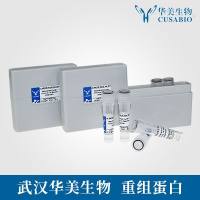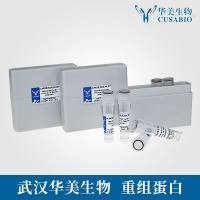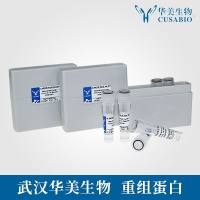Molecular Detection of Uniparental Disomy
互联网
互联网
相关产品推荐

Recombinant-Hordeum-vulgare-High-molecular-mass-early-light-inducible-protein-HV58-chloroplasticHigh molecular mass early light-inducible protein HV58, chloroplastic; ELIP
¥10556

γ-氨基丁酸试剂盒,用于样本中GABA含量检测,微量法,GABA Content Detection Kit
¥358

///蛋白Recombinant Triticum aestivum Glutenin, high molecular weight subunit PC237重组蛋白Glutenin; high molecular weight subunit PC237; Fragment蛋白
¥2328

///蛋白Recombinant Triticum aestivum Glutenin, low molecular weight subunit 1D1重组蛋白Glutenin; low molecular weight subunit 1D1蛋白
¥2328

GLU-1D-1D/GLU-1D-1D蛋白/GLU-D1-1B蛋白/Recombinant Triticum aestivum Glutenin, high molecular weight subunit DX5 (GLU-1D-1D), partial重组蛋白
¥69

